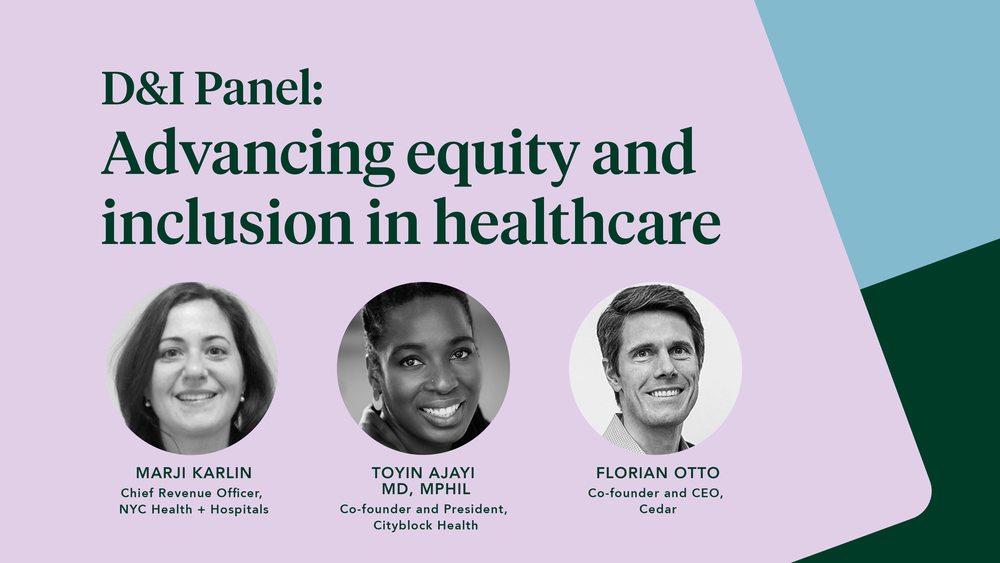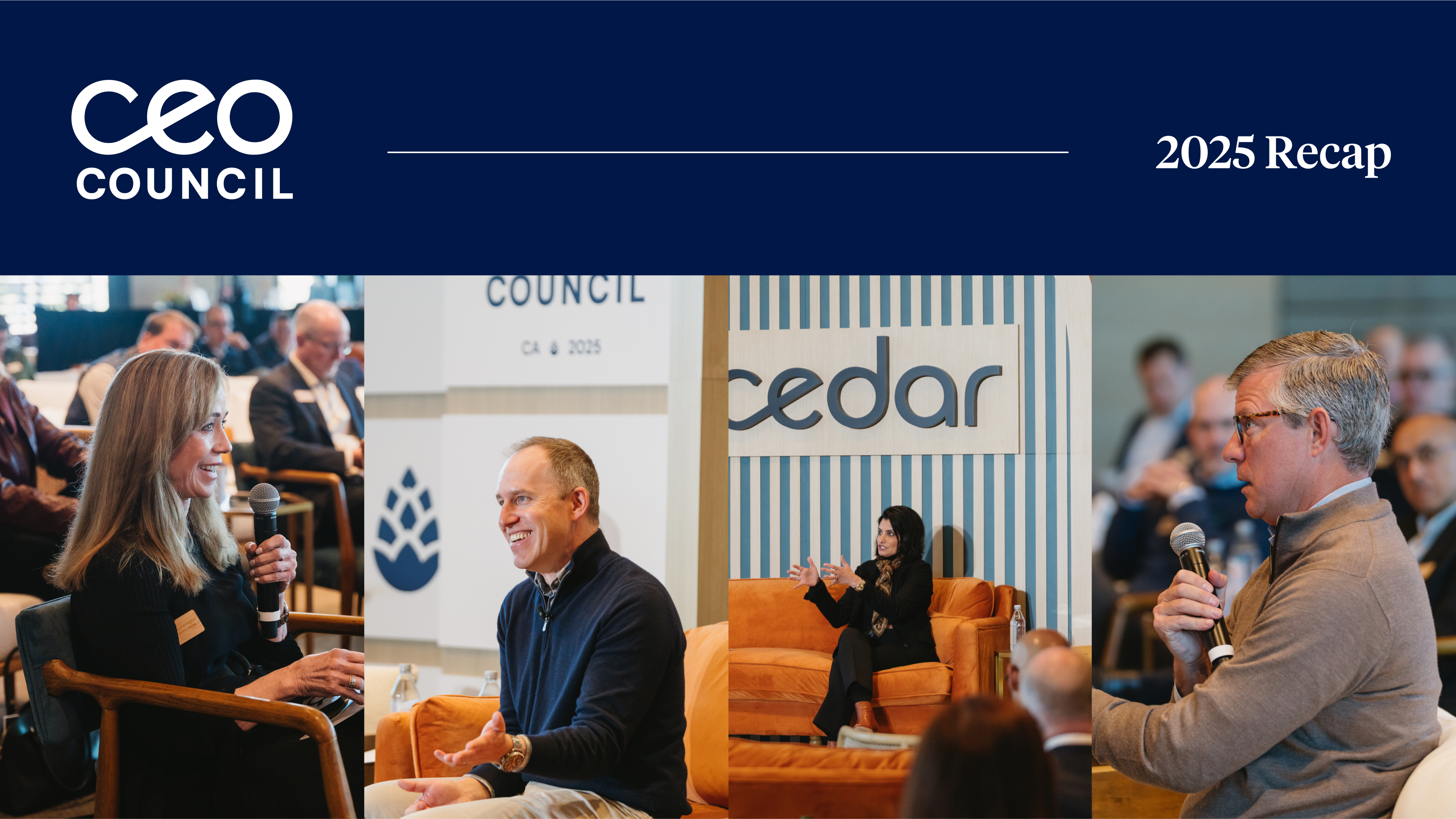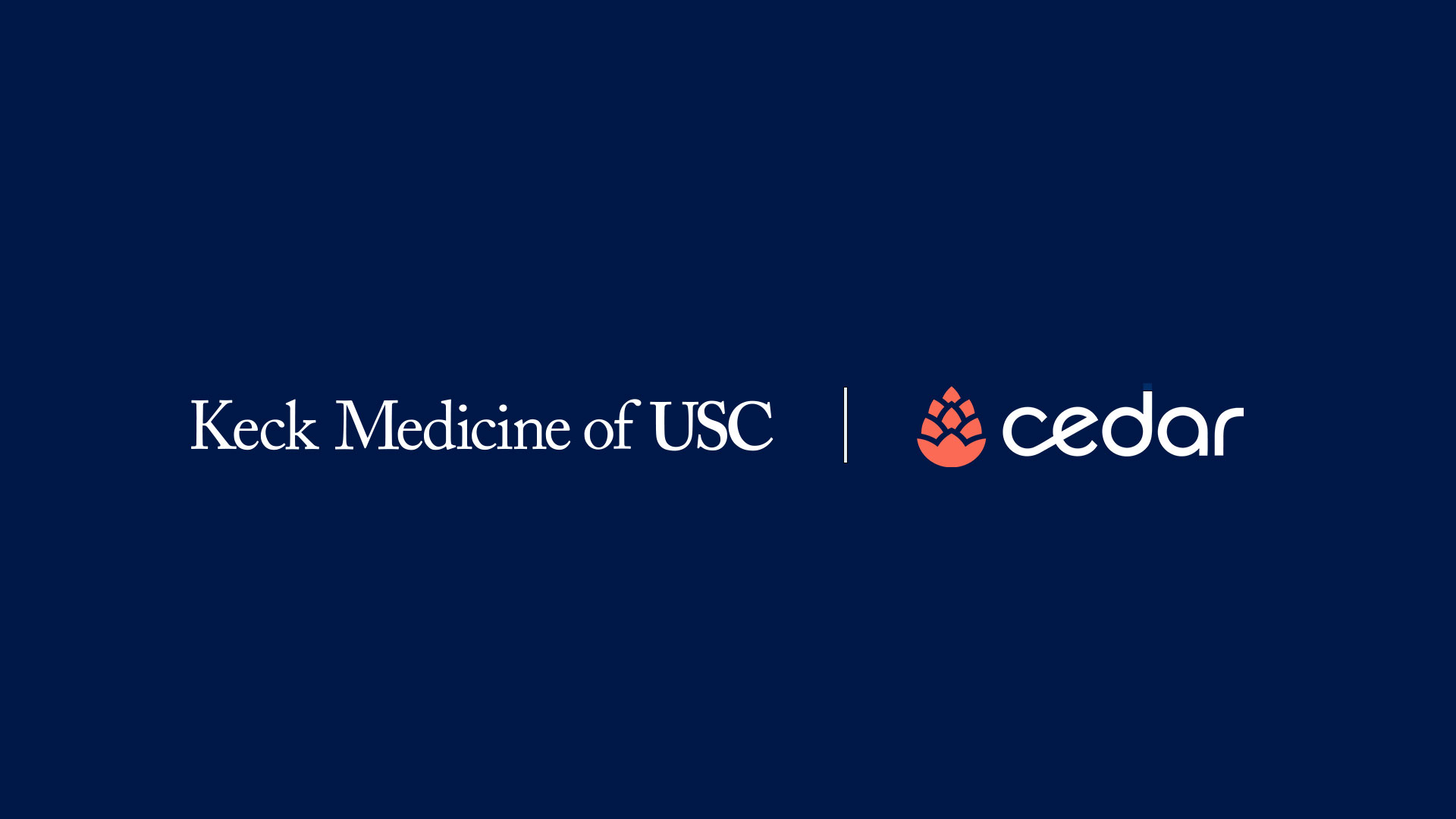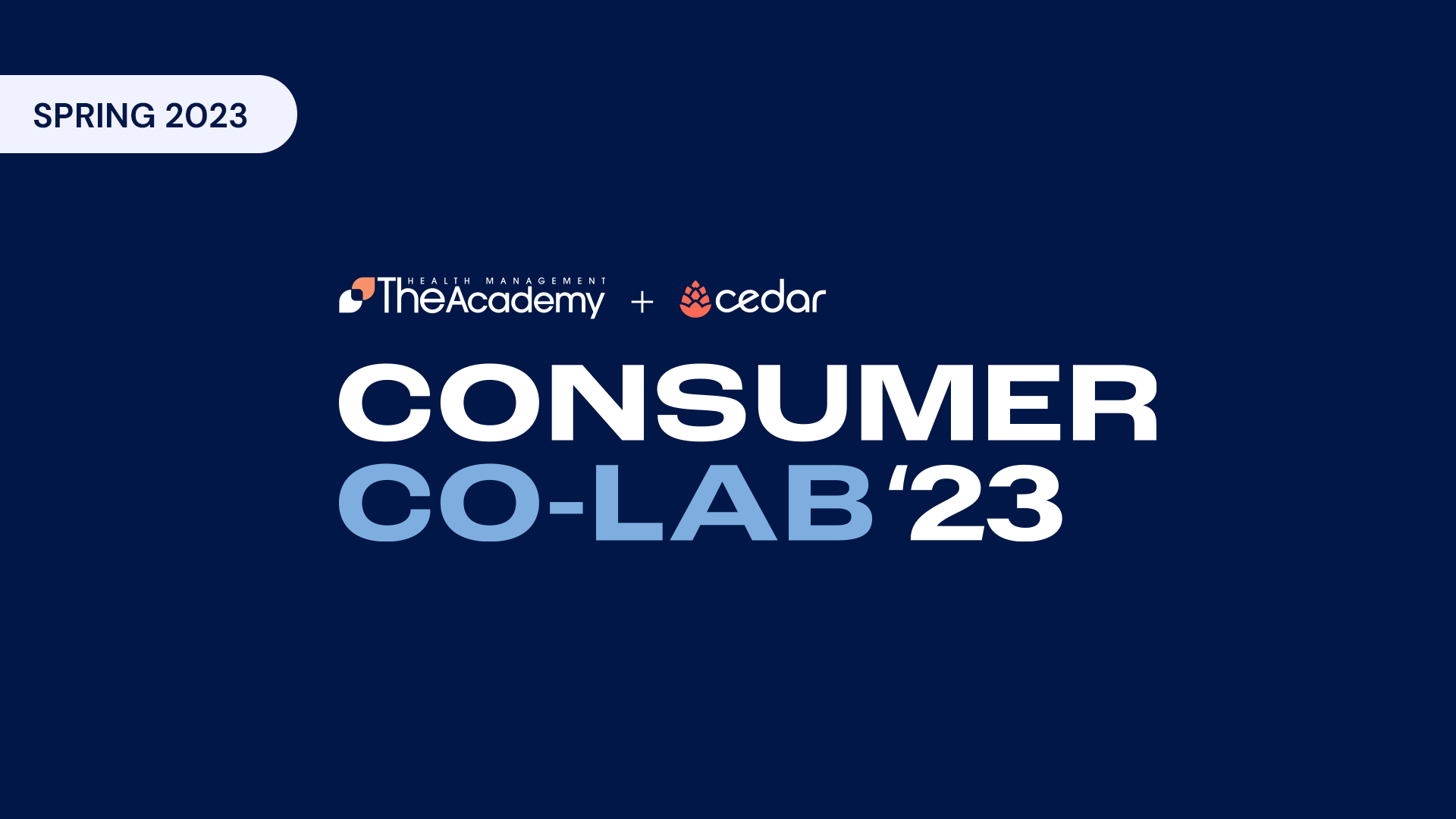Recently, Cedar hosted a special panel on D&I in healthcare, hosted by Cedar CEO Florian Otto and featuring C-Suite healthcare leaders Marji Karlin, Chief Revenue Officer of NYC Health + Hospitals, the largest public hospital system in the country; and Toyin Ajayi, MD, MPhil, Co-founder and President at Cityblock, the first tech-driven provider for communities with complex health and social needs. The conversation touched on effective strategies for advancing diversity, equity and inclusion, and how—by working to improve DE&I efforts—healthcare organizations can improve outcomes for everyone.
Building equity and inclusion from within
Otto opened the discussion by asking the panelists about the culture at their respective organizations, and what DE&I means to them, and how they track and measure success.
“I continue to strive to be an ally, which to me means ensuring that I’m aware of inequity and making sure I make my decisions through a lens of diversity, inclusion and equity,” said Karlin. “Our mission is to serve all New Yorkers, regardless of their ability to pay, with comprehensive health services of the highest quality and an atmosphere of humane care, dignity, and respect.” (New York Health and Hospitals serves 1.4 million patients, including more than 475,000 uninsured New York City residents.)
Cityblock Health, Ajayi explained, is a “startup that serves marginalized communities. We provide holistic integrated primary care, mental health and social services across populations in New York, Massachusetts, Connecticut, Washington DC and North Carolina, and our goal is to radically transform the experience of care for underserved communities. As a healthcare provider serving folks who have experienced marginalization, experienced bias, experienced racism, and are living with the consequences of all of those things—I think your insides are reflected on your outsides as an organization. So if I want the members served by Cityblock to feel seen, valued and heard […] every single person who works at Cityblock has to feel the same way.”
Values start at the top
Noting that a commitment to DE&I at the leadership level is essential for setting the right tone company-wide, Otto asked: “What kinds of things do you have in place to ensure authenticity and accountability within the leadership team?”
“I think you’ve got to set the bar high and be really clear about what you’re solving for,” said Ajayi. “Very early in our journey as a business, we aspired to become an anti-racist company, a fully inclusive company. And we understood that was very different from the society in which we live, so we built out some very clear principles. In talent acquisition and hiring, we put in place robust processes to ensure a diverse pipeline of candidates for key roles—particularly leadership roles.”
She added that Cityblock is fortunate in having a truly diverse leadership team, “because if candidates look at the website, and all they see are faces that look nothing like them, they might think, ‘Maybe this is not a place for me.’ No one wants to be the only one.”
Otto noted that by approaching DE&I in a thoughtful and meticulous way, “it really becomes a part of the DNA of the company.”
At NYC Health + Hospitals, Karlin said that DE&I is similarly “baked into the fabric” of the organization. Equity, Diversity and Inclusion is a longstanding subcommittee of the board. There is an Office of Diversity and Inclusion as well as an Equity and Access Council focusing on Workforce Diversity, Workplace Inclusion, Equity of Care and monitoring and evaluation.
Envisioning equitable healthcare for all
Otto said that the CDC defines the achievement of health equity as when “every person has the opportunity to attain his or her full health potential, and no one is disadvantaged from achieving this potential because of social position, or other socially determined circumstances.” He asked the panelists, “What are some of the most critical steps we’ll need to take to achieve health equity?”
“First and foremost, we have to acknowledge an individual’s entire lived experience: inclusive of their social needs, their social experiences, their communities, their relationships, their exposure to environmental stimuli and environmental risk factors—including systemic racism, which is endemic,” said Ajayi.
Unfortunately, she said, many health care institutions regard marginalized populations as “a necessary irritant,” rather than attempting to treat them with empathy, “and understand who they are and what is important to them.” She added, “Our healthcare system was not built to serve these folks. So we have to rebuild the system.”
Karlin also emphasized the need to ensure diversity in the physician pool. “This is a relatively new metric for us,” she said, “but if you don’t measure it, you can’t monitor it. And what we found is that we’re better than others, but not where we want to be. It’s really important to us that our physician group mirrors the communities they serve.”
To improve access to care, she said, “We’ve invested over the last several years in initiatives to enroll patients in coverage. As an example, in the last fiscal year, we were able to cover around 60,000 more individuals than the year before. So these are just huge numbers of people.”
Ensuring equitable access to COVID-19 vaccinations
“COVID-19 is still not over,” said Otto. “This war hasn’t been won yet. We still have a lot of unvaccinated people throughout the country, and especially in marginalized demographics.” He asked the panelists to talk about disparities in vaccine distribution, and how their organizations have addressed this crisis.
“Prior to this conversation about vaccines, even just addressing chronic disease needs, and behavioral health needs, our population is already starting from a place of real earned mistrust in the healthcare system, because they’ve not been treated well,” said Ajayi. “In New York, we opened a permanent vaccination site where we vaccinated almost 20,000 people, because we were a trusted source in a very underserved community in deep, deep Brooklyn.”
Karlin said that during the initial phase of the vaccine rollout, “only having appointments available online did not work, particularly when we didn’t have enough vaccine supply for the entire community. What worked for us was meeting people where they are. We used mobile vans to reach people in the Covid hotspots. We led focus groups and vaccine informational sessions at the facilities, really trying to get an understanding from people about what they needed to feel comfortable with the vaccine. We created a Vaccine Ambassadors Program to answer questions one-on-one with patients, and gave them the time they needed.” Also, she said, “We just kept changing our scheduling patterns until we got to the point where we could accept walk-in patients, which we do now. At this point, we’ve delivered over a million doses of vaccine throughout the city.”
Final reflections
“One of the most important takeaways,” said Otto, “is clearly that companies serving a very diverse group of people must be diverse and inclusive themselves. This work is never done, of course, and this is a topic that we will continue focusing on and talking about.”
If you’d like to be notified of future Cedar events, click here to join the mailing list.



